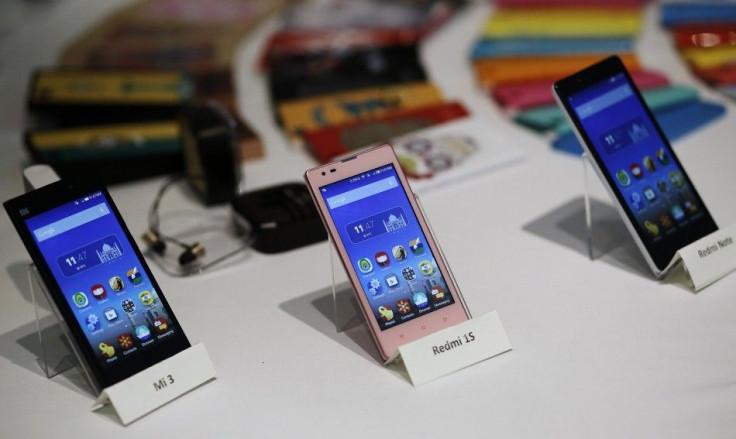Xiaomi Accused Of Sending Personal Data To Chinese Servers Without Users’ Consent

When Xiaomi was confronted with the issue that the handsets manufactured by the popular Chinese smartphone maker are collecting and sending data to China based servers, the company responded by stating that they will address the issue through a software update in the future.
GforGames claims that the successive software updates did not fix the issue. Moreover, the issue was more or less forgotten. However, the issue has surfaced again as NCC (National Communications Commission) from Taiwan has highlighted that the Xiaomi smartphones may be sending personal data to Chinese servers without the consent of users.
According to China Post, Xiaomi smartphones come with a free service, which allows the installation of an antivirus program on the device. The program is downloaded from Chinese servers. The antivirus program scans the handset and then scan results are sent along with user data to the Chinese servers.
NCC states that Xiaomi users are completely unaware of it as the company has never disclosed the users about it. The regulatory claims such an act is nothing but information security breach. According to Asiaone Digital, Xiaomi had agreed to it in August and addressed the issue by stating that a new update would resolve the issue.
Yu Hasio-cheng, a representative from Xiaomi, claims the company aims to provide better service to the audience by updating its software. He also added that even after performing the software update, the Xiaomi handsets are continuously downloading the malicious antivirus program and sending user data.
NCC has stated that it will continue to test Xiaomi handsets and the results will be made public apart from sending them to Xiaomi Corp for verification. The regulatory says whether the Xiaomi handsets are sending data to the Chinese servers or not, the company should seek permission from its users prior to providing the antivirus program. It further states that the users should have the power to deny the download of the antivirus program.
Xiaomi which started out in 2010 in China has expanded its base to countries like Malaysia, Singapore, Indonesia and India. In the past, Xiaomi was fined by FTC (Fair Trade Commission) for misleading the consumers for false advertising on the number of handsets sold in Taiwan.





















